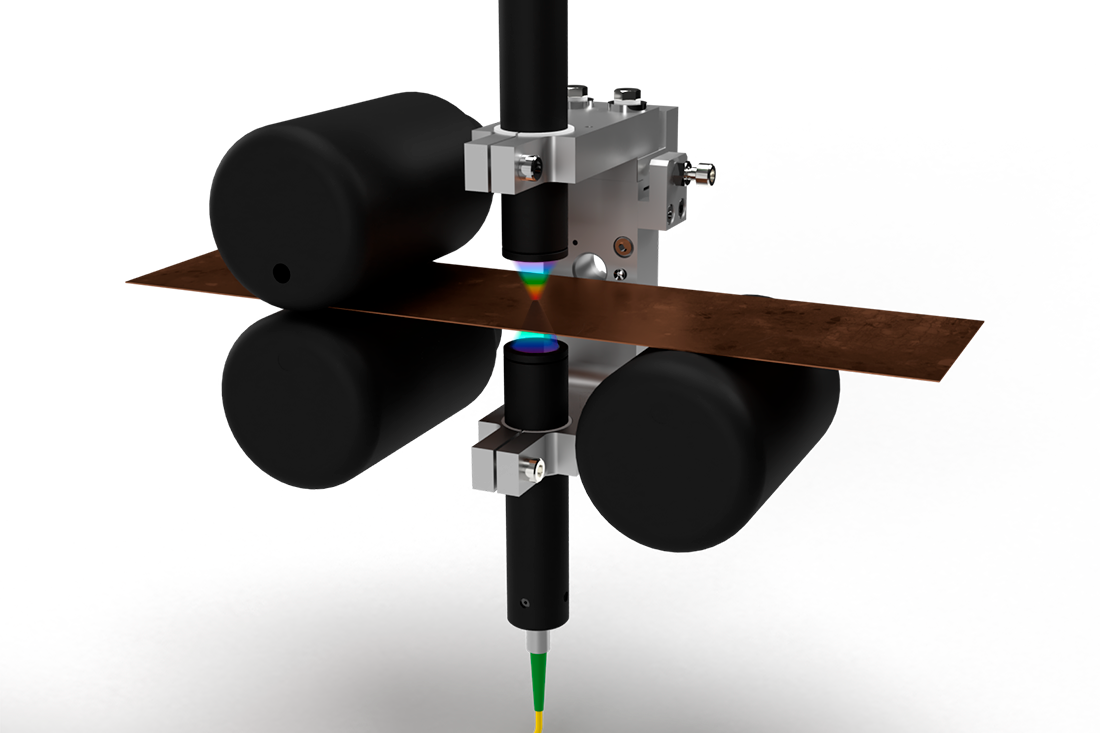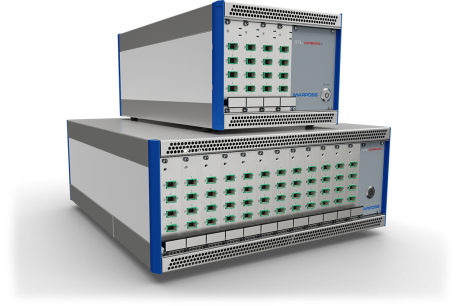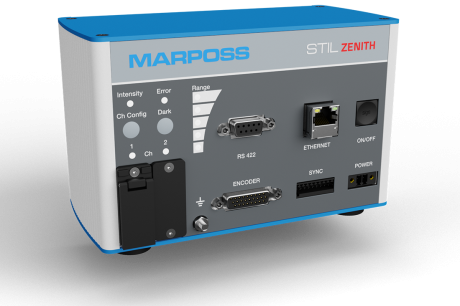Film Thickness Measurement in R2R Process
In the field of electronic devices, Roll-to-Roll (R2R) processing is a method of producing flexible and large-area electronic devices on a roll of plastic film or metal foil.
R2R is a family of manufacturing techniques involving continuous processing of a flexible substrate that is transferred between two moving rolls of material in which additive processes can be used to build film structures in a continuous manner.
R2R is an important class of substrate-based manufacturing processes applied in numerous manufacturing fields such as:
- printed/flexible thin-film batteries
- flexible and large-area electronics devices
- flexible solar panels
- metal foil and sheet manufacturing
- medical products
- and Fuel cells - laminar solid oxide fuel cells (SOFC), proton exchange membranes (PEM), membrane electrode assemblies and gas diffusion layer (GDL).

The current needs to apply R2R processes in flexible thin-film battery manufacturing or PEM components are focused on the following topics:
- Reducing excessive scrap rates of electrode coatings
- In-line quality measurement and control as example non-contact technology sensors for thickness monitoring
The thickness monitoring must be performed strictly within the production line, therefore be carried out with non-contact technologies.
In order to perform in-line measurement of the thickness on delicate material that can’t be touched and measured with traditional contact solution, Marposs proposed its own non-contact technologies that are:
- Chromatic confocal
- Interferometry
These two technologies are able to guarantee the maximum accuracy of this measurement, even for thin non-transparent layers.
The use of a snap with two sensors allows to measure simultaneously the total thickness of the battery electrodes and the thickness of the different material layers.
Special gauging applications can be proposed to measure the thickness in multiple positions.
- Non-contact technology, for measurement of soft and non-transparent materials
- Capability to measure, for thickness of layers starting from 5 µm
- Wide measuring range for real in-line applications
- High sensitivity and accuracy
- Possibility to supply measuring snap or complete gauging equipment
- Available statistic elaboration and data transfer with Quick-SPC software option
- Basic configuration with n° 1 measuring snap composed by:
- n° 2 Chromatic confocal sensors and IRIX controllers or
- n° 2 Interferometric sensors and NCG controllers
- Optional E9066 industrial PC with QSPC software, for measurement elaboration, statistic elaboration and data transfer
- Possible customized gauging solutions for measurement in multiple positions
• Measured film layers starting from 5 µm thickness
• Repeatability range for total thickness within 1 µm in real application

